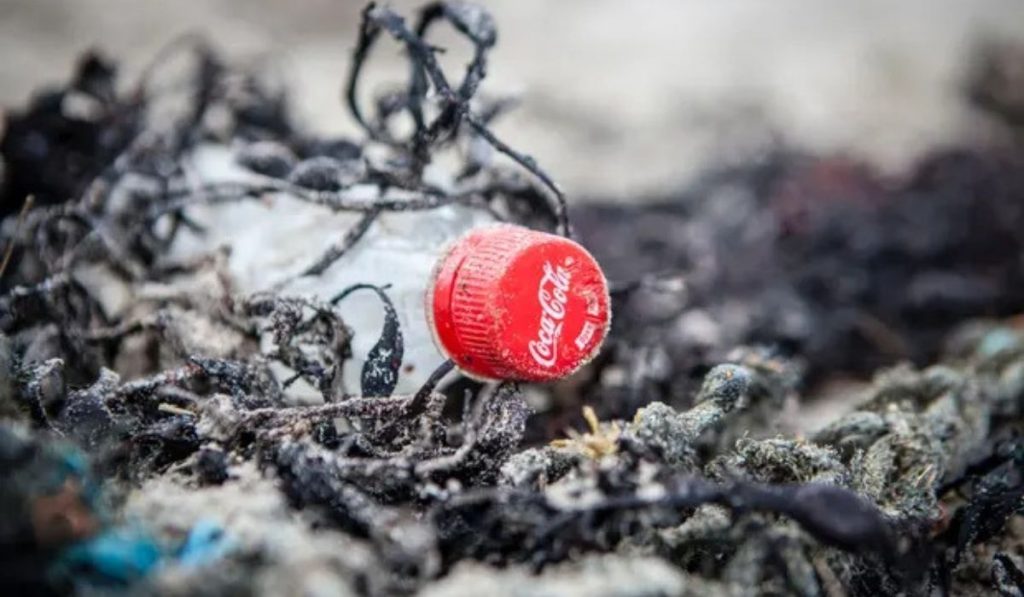
In an era where sustainability is a key concern, consumers are increasingly making eco-conscious choices. Companies are quick to respond, advertising their products as “green,” “eco-friendly,” or “sustainable.” However, not all of these claims are genuine. Many businesses engage in greenwashing—a deceptive marketing tactic that misleads consumers into believing a product or company is environmentally responsible when, in reality, it is not. This article explores the greenwashing problem, its impact on consumers and businesses, and how to identify truly sustainable brands.
What Is Greenwashing? Greenwashing occurs when a company falsely advertises its products, services, or overall business practices as environmentally friendly. This can take many forms, including:
- Vague or misleading claims (e.g., using terms like “natural” or “green” without evidence)
- False certifications or self-created eco-labels
- Hidden trade-offs, where a product may be marketed as sustainable while still harming the environment in other ways
- Lack of transparency, with businesses refusing to disclose complete information about their environmental impact
The Impact of Greenwashing on Consumers
Consumers rely on sustainability claims to make informed decisions. Greenwashing undermines this trust and has several negative effects:
- Consumer Confusion: Misleading labels make it difficult for consumers to distinguish truly sustainable products from deceptive ones.
- Hindering Real Sustainability Efforts: Greenwashing reduces the urgency for businesses to implement real environmental solutions.
- Economic Exploitation: Consumers often pay a premium for products they believe to be sustainable, only to realize later that they were deceived.
Read also: Expert urges Nigerian companies to avoid greenwashing in sustainability reporting
Examples of Greenwashing in Business
Several major corporations have been accused of greenwashing in recent years. Some notable examples include:
- Fast Fashion Brands: Many clothing companies launch “sustainable collections” while continuing mass production practices that contribute significantly to pollution.
- Oil and Gas Companies: Some fossil fuel companies claim to invest in renewable energy while the majority of their operations remain environmentally destructive.
- Plastic Packaging Misrepresentation: Some brands market their packaging as “biodegradable” when, in reality, it only breaks down under specific industrial conditions.
How to Identify Greenwashing
As consumers become more aware, it’s important to recognize and avoid misleading claims. Here are some key ways to spot greenwashing:
- Check for Third-Party Certifications: Look for reputable environmental certifications such as Energy Star, Fair Trade, USDA Organic, and FSC (Forest Stewardship Council).
- Read the Fine Print: Avoid products that use vague terms like “eco-friendly” without providing proof or detailed explanations.
- Investigate the Company’s Overall Practices: Research whether a brand’s sustainability efforts are consistent across its entire business.
- Watch Out for Overuse of Green Imagery: Excessive use of green packaging, nature-based imagery, or buzzwords without substance can be a red flag.
The Role of Regulations in Preventing Greenwashing
Governments and consumer advocacy groups are taking steps to combat greenwashing. The Federal Trade Commission (FTC) has issued guidelines known as the Green Guides, which outline best practices for businesses making environmental claims. The European Union has also proposed stricter rules to prevent misleading sustainability marketing.
What Companies Should Do Instead
To truly commit to sustainability, businesses should:
- Be Transparent: Disclose complete environmental impact reports and sustainability data.
- Implement Measurable Sustainability Goals: Set clear and trackable sustainability benchmarks.
- Obtain Legitimate Eco-Certifications: Work with trusted third-party organizations to verify claims.
- Avoid Partial Measures: Ensure that sustainability efforts extend beyond just marketing campaigns.
Greenwashing erodes consumer trust and diverts attention from genuine sustainability efforts. As awareness grows, both consumers and businesses must prioritize transparency and accountability. By staying informed and demanding authenticity, consumers can encourage brands to adopt meaningful environmental initiatives rather than relying on deceptive marketing.
[give_form id="20698"]

